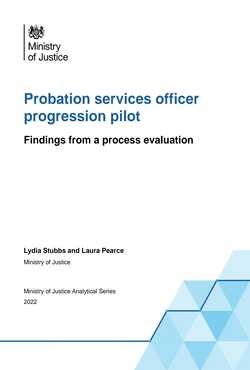By Louis Favril
Background: Many people who enter prison have recently used drugs in the community, a substantial portion of whom will continue to do so while incarcerated. To date, little is known about what factors may contribute to the continuation of drug use during imprisonment. Methods: Self-reported data were collected from a random sample of 1326 adults (123 women) incarcerated across 15 prisons in Belgium. Multivariate regression was used to investigate associations between in-prison drug use and sociodemographic background, criminological profile, drug-related history, and mental health among participants who reported pre-prison drug use. Results: Of all 1326 participants, 719 (54%) used drugs in the 12 months prior to their incarceration and 462 (35%) did so while in prison. There was a strong association between drug use before and during imprisonment (OR = 6.77, 95% CI 5.16–8.89). Of those who recently used drugs in the community, half (52%) continued to do so while incarcerated. Factors independently associated with continuation (versus cessation) were young age, treatment history, polydrug use, and poor mental health. In a secondary analysis, initiation of drug use while in prison was further related to incarceration history and low education. Conclusion: Persistence of drug use following prison entry is common. People who continue to use drugs inside prison can be differentiated from those who discontinue in terms of drug-related history and mental health. Routine screening for drug use and psychiatric morbidity on admission to prison would allow for identifying unmet needs and initiating appropriate treatment.
International Journal of Drug Policy Volume 115, May 2023, 104027



